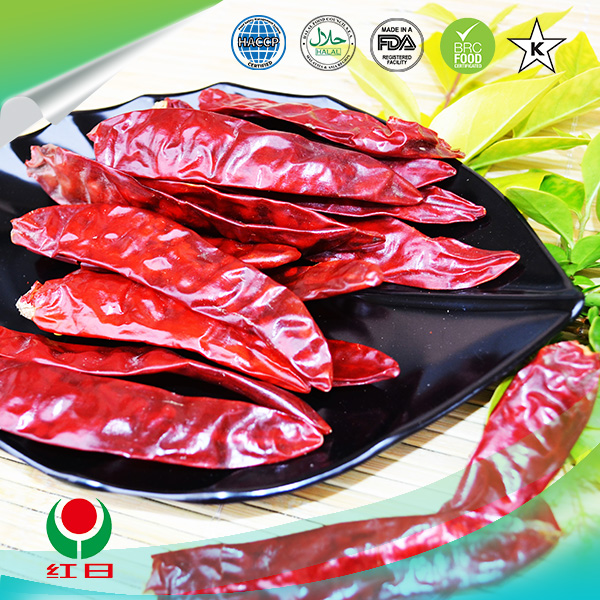- No. 268 Xianghe Street, Economic Development Zone of Xingtai city, Hebei 054001 China
- Byron@hbhongri.cn
chinese chilli powder
The World of Chinese Chilli Powder
Chilli powder is a staple in many cuisines around the world, but in Chinese cooking, it holds a unique and revered place. Known for its vibrant color, fiery flavor, and impressive versatility, Chinese chilli powder not only adds heat but also enhances the overall depth of dishes. In this article, we will explore the origins, types, and culinary applications of Chinese chilli powder, as well as its cultural significance.
Origins of Chinese Chilli Powder
Chilli peppers were introduced to China in the 16th century via trade routes, particularly through the maritime Silk Road. Prior to this, Chinese cuisine primarily relied on other sources of spice and flavor, such as ginger, scallions, and garlic. The arrival of the chilli pepper transformed Chinese cooking by adding a new dimension of flavor and heat, which soon became essential in various regional cuisines.
There are numerous varieties of chilli peppers used in Chinese cooking, each with its own unique flavor profile and heat level. Common types include the dried red chilli, Facing Heaven chilli (Tianjiao), and the more aromatic Sichuan peppercorn, which is often confused with chilli powder but contributes a distinctive numbing sensation rather than a fiery heat.
Types of Chinese Chilli Powder
Chinese chilli powder can be broadly categorized into two main types regular chilli powder and special blends. Regular chilli powder typically consists solely of ground dried chilli peppers, providing a straightforward heat profile. However, there are regional variations, such as the fiery Gansu or the slightly smokier Yunnan chillies, each adding different flavor notes to the dishes.
On the other hand, special blends of chilli powder, such as Doubanjiang and Chilli Bean Paste, incorporate additional ingredients like fermented soybeans, garlic, and various spices. These blends not only add heat but also complexity and umami, turning simple dishes into culinary masterpieces.
Culinary Applications
chinese chilli powder

Chinese chilli powder is incredibly versatile and can be used in countless dishes. In Sichuan cuisine, for example, it is a key ingredient in the famous Mala flavor profile, which combines the heat of the chilli with the numbing sensation of Sichuan peppercorns. Dishes like Spicy Hot Pot, Kung Pao Chicken, and Mapo Tofu benefit from the bold spiciness provided by chilli powder.
In northern Chinese cuisines, chilli powder is often mixed with other spices to create blends used in stir-frying and as a condiment. For instance, the ubiquitous Chilli Oil, made by infusing oil with chilli powder and other spices, is a quintessential dipping sauce for dumplings and noodles.
Moreover, chilli powder can be used in marinades, rubs, and even soups, making it an essential ingredient for home cooks. The key is to balance the heat with the other elements in the dish to create a harmonious flavor profile.
Cultural Significance
Chilli powder is more than just an ingredient; it embodies the passion and spirit of Chinese cuisine. Eating spicy food is often associated with warmth and hospitality, and many people believe that consuming spicy dishes can boost one’s metabolism and even have health benefits.
In many regions of China, particularly in the south and west, the preference for spicy food reflects local agricultural practices and biodiversity. The cultivation of different varieties of chilli peppers has led to a rich tradition of spicy dishes, highlighting the creativity and adaptability of Chinese cooks.
Moreover, chilli powder plays a role in cultural celebrations and gatherings. Spicy dishes often accompany festivals and social events, symbolizing joy, prosperity, and unity among families and friends.
Conclusion
Chinese chilli powder is an integral component of the culinary landscape, offering flavors that are deeply rooted in tradition and culture. From its introduction in the 16th century to its status as a kitchen staple today, it continues to inspire chefs and home cooks alike. Its ability to elevate dishes, provide warmth, and foster community makes Chinese chilli powder not just a seasoning, but a vibrant part of Chinese heritage. Next time you cook with chilli powder, take a moment to appreciate this cherished ingredient and the rich history it represents.
-
Turmeric Rhizome Powder: A Golden Treasure from Roots to TableNewsJul.28,2025
-
The Versatile Application Of Crushed Red Hot Peppers: Lighting Up The Red Flames On The Dining TableNewsJul.28,2025
-
The Paprika: A Touch Of Vibrant Red In Color, Flavor, And CultureNewsJul.28,2025
-
Ground Turmeric: A Modern Examination of an Ancient SpiceNewsJul.28,2025
-
Capsicum Liquid Extract: Features, Applications, and ChallengesNewsJul.28,2025
-
Application of Capsicum Liquid Extract in FoodNewsJul.28,2025







